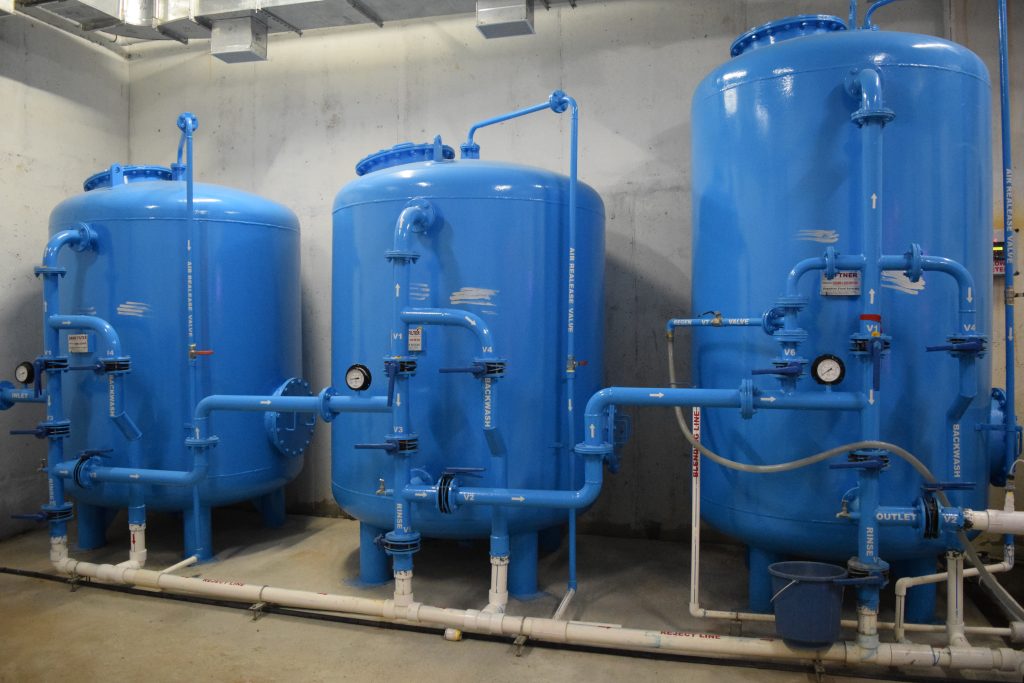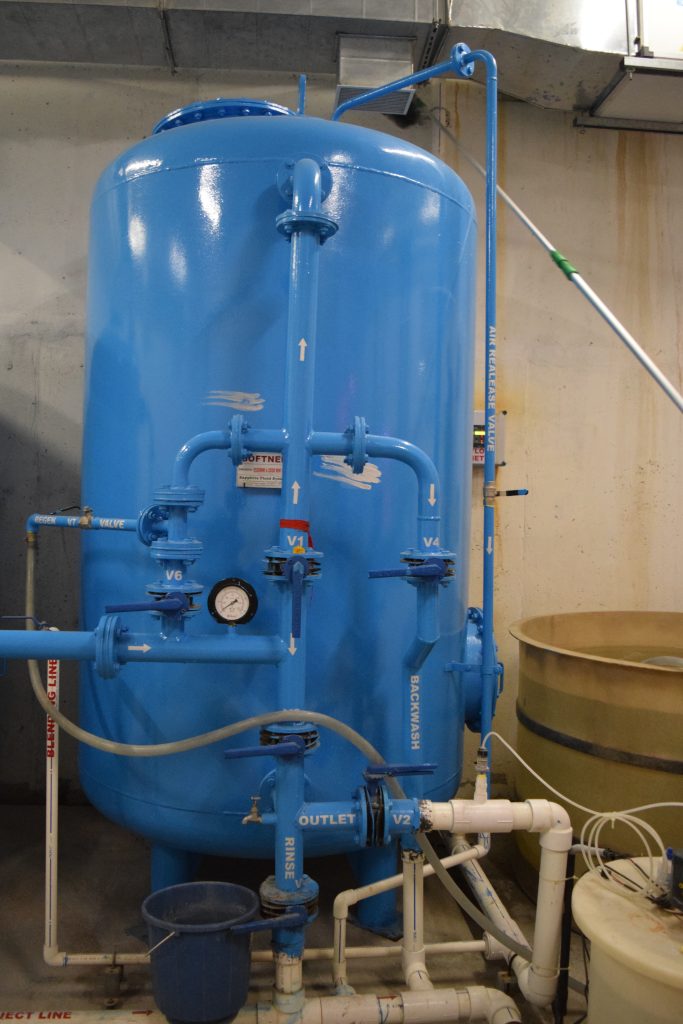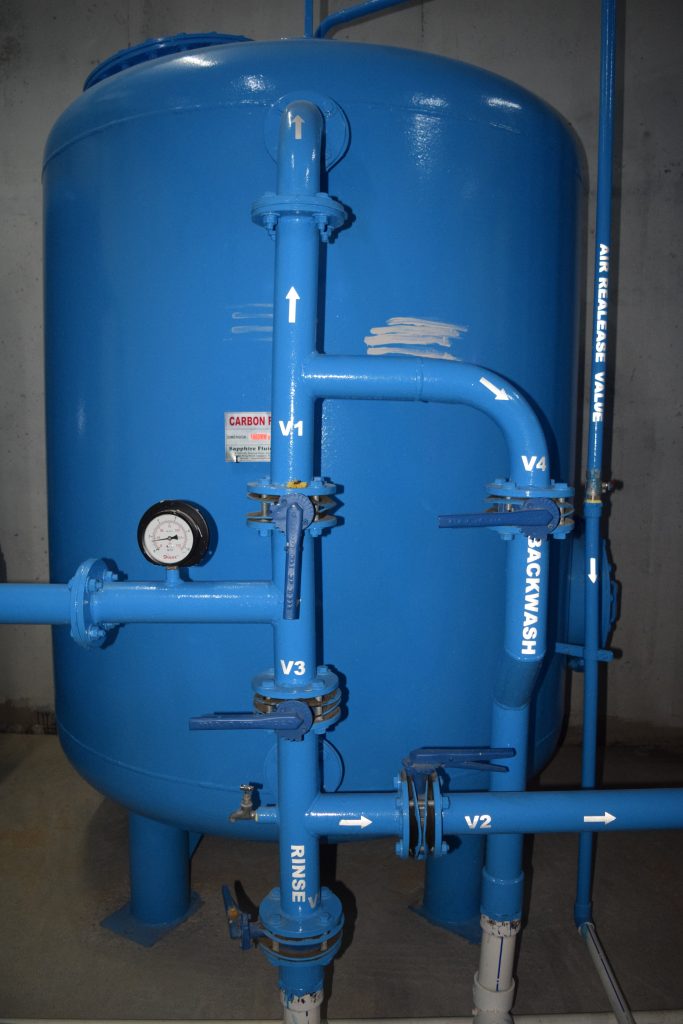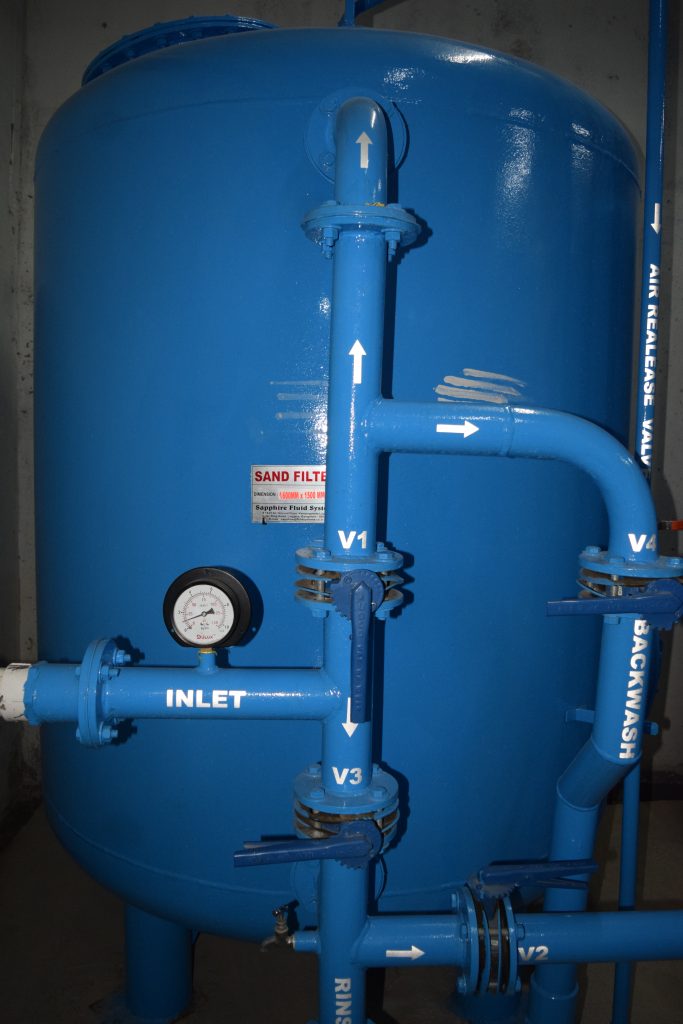
Water Treatment Plant
Our state-of-the-art Water Treatment Plants are designed to provide efficient, safe, and sustainable solutions for both residential and industrial water treatment needs. Whether you are seeking a system for municipal water, commercial establishments, or private properties, our plants ensure the highest standards in water quality, treating water to meet regulatory standards and customer expectations.
Water Treatment Plants (WTPs) require a variety of products and equipment to ensure that water is treated efficiently and meets quality standards. Below are some key products used in the operation of water treatment plants
Key Features
- Advanced Filtration Technology: Incorporating multi-stage filtration, reverse osmosis, and activated carbon filters to remove contaminants, bacteria, and harmful substances.
- Energy-Efficient Operations: Low-energy consumption design that reduces operational costs and environmental impact.
- Customizable Solutions: Tailored to suit various water sources (groundwater, surface water, and municipal supply), and can be scaled to meet the specific capacity needs of any project.
- Compact & Modular Design: Space-saving and easily deployable for both large-scale operations and smaller residential setups.
- Low Maintenance Requirements: Designed for durability with minimal maintenance, saving time and effort for the end user.
- Automated Control Systems: Smart sensors and controls for automated monitoring, optimizing treatment processes, and minimizing human intervention.
- Compliance with Standards: Meets global and local regulatory standards, ensuring safe and clean water output.
Softners
Water softeners are devices designed to remove hardness-causing minerals, primarily calcium and magnesium, from water. Hard water can lead to a variety of problems, such as scale buildup in pipes and appliances, reduced soap efficiency, and even skin irritation. Water softeners typically use a process called ion exchange to replace calcium and magnesium ions with sodium or potassium ions, making the water “softer.” Water softeners are essential for improving water quality, preventing scaling, and extending the lifespan of water-dependent appliances


Activated Carbon Filters
Carbon filters, particularly activated carbon filters, are widely used in water treatment plants (WTPs) to remove organic contaminants, chlorine, bad odors, tastes, and certain chemicals from water. Activated carbon is known for its high surface area and adsorptive properties, making it effective for removing a variety of impurities that cannot be removed by sand filtration alone.
Sand Filters
Sand filters are one of the most common and effective filtration methods used in water treatment plants (WTPs) for the removal of suspended solids, dirt, and debris from water. They are part of the primary filtration process that helps produce clean, safe water for drinking, industrial, or municipal use. Sand filters operate based on the principle of mechanical filtration and adsorption, where particles are trapped and removed as water flows through layers of sand. The filtration process is typically done in stages, with water passing through different layers of materials that gradually trap and remove larger to smaller particles.

